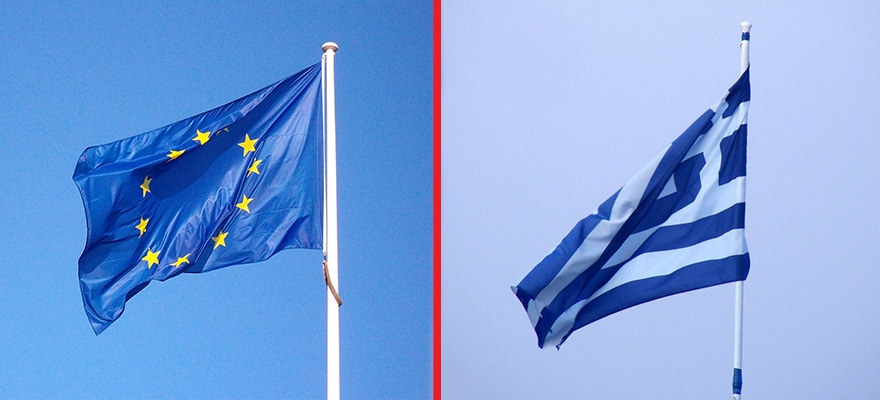Banks are closed, online payments are blocked and Greece’s economy is on the verge of collapse. The perfect opportunity for a decentralized currency, envisioned by its backers for situations just like these.
Indeed, according to , Greeks have in fact been flocking to bitcoin exchanges in the hopes of getting their hands on some sort of money.
Until now, there has been much rhetoric in online forums on Bitcoin’s virtues during such times. There has also been a healthy dose of ‘critique’ of our conventional monetary systems. It has even been theorized that Greece should adopt bitcoin as a currency. But we haven’t seen much evidence of Greeks actually getting up and buying bitcoins, although the recent rally in prices does suggest a correlation.
According to the report, however, a number of exchanges have reported markedly increased activity from Greek residents. German exchange Bitcoin.de said ten times as many Greeks have registered to trade bitcoins than usual. And trades from Greek clients on Bitstamp have reportedly spiked by 79% from their 10-week average. China-based LakeBTC reported a 40% increase from Greece-based users.
Over the weekend, Polish exchange Bitcurex was ‘flooded’ with email inquiries from Greeks. Among their questions: “Is Bitcoin a legal currency in EU?”, “Can I use Bitcurex as a bank account?” and “Do you have a Bitcoin ATM network in Greece?” The exchange’s homepage is now branded with a three month promotion waiving trading fees for Greek customers: “No Fees for Greece.”
Coinbase for euro-based bitcoin buying until after next week’s referendum.
The problem is that it is not easy to buy bitcoins, especially in Greece, and especially if the banks are shut down. The most common method of funding an account is via wire transfer. There is only one bitcoin ATM in Greece, in a bookstore in Athens, and you need cash to use it.
There are also not many places where bitcoin can be spent; only a half dozen places accept it, according to the report.





Be First to Comment